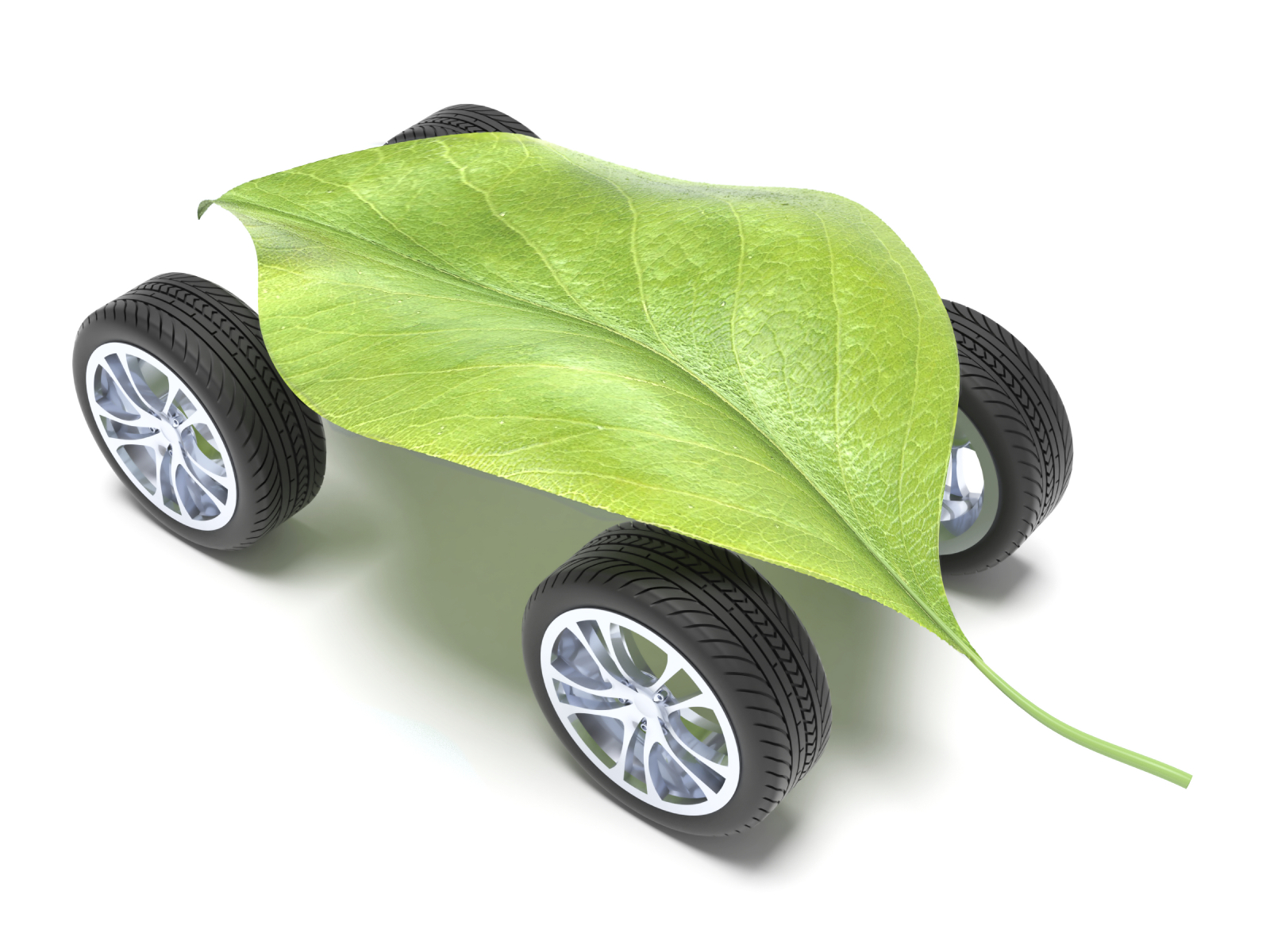
Emerging Technologies in Eco Vehicles: Pioneering Sustainable Transportation
Introduction
The world is at a critical juncture, where the need for sustainable transportation has never been more pressing. As concerns over climate change and environmental degradation continue to grow, the development of eco vehicles has emerged as a promising solution. This article explores the fascinating world of emerging technologies in eco vehicles and delves into their relevance and importance in the context of sustainability and environmental conservation.
Historical Background
To fully appreciate the significance of eco vehicles, it is essential to understand their historical background. The journey towards sustainable transportation began several decades ago, with the development of early prototypes and experimental vehicles. Over time, advancements in technology and a growing recognition of the need for eco-friendly alternatives led to the emergence of eco vehicles as we know them today.
Key Concepts and Definitions
Before delving deeper into the subject, it is crucial to define the key concepts associated with eco vehicles. Eco vehicles refer to automobiles that implement technologies aimed at reducing their environmental impact. This includes hybrid vehicles, electric vehicles (EVs), and hydrogen fuel cell vehicles. Hybrid vehicles utilize a combination of an internal combustion engine and an electric motor, offering improved fuel efficiency and reduced emissions. EVs, on the other hand, rely solely on electricity to power their engines. Lastly, hydrogen fuel cell vehicles employ hydrogen gas as a fuel source, which reacts with oxygen from the air to produce electricity.
Main Discussion Points
Point: Hybrid Vehicles
Hybrid vehicles have gained significant popularity due to their ability to combine the benefits of traditional internal combustion engines with electric power. These vehicles operate by utilizing the electric motor for lower speeds and the combustion engine for higher speeds, maximizing fuel efficiency. Hybrid vehicles also employ regenerative braking, allowing them to recharge their batteries while decelerating. However, they do come with drawbacks, such as higher upfront costs and limited electric-only range. Nonetheless, models like the Toyota Prius and Honda Insight have become synonymous with eco-conscious driving.
Point: Electric Vehicles
Electric vehicles represent a revolutionary step towards sustainable transportation. By relying solely on electricity for power, these vehicles produce zero tailpipe emissions and contribute significantly to reducing carbon emissions. The technology behind EVs involves rechargeable battery packs that store electricity, providing power to an electric motor. While EVs offer numerous advantages, such as lower operating costs and reduced dependence on fossil fuels, challenges remain, including limited charging infrastructure and range anxiety. Notably, Tesla’s Model S and Nissan’s Leaf have gained traction as successful electric vehicle models.
Point: Hydrogen Fuel Cell Vehicles
Hydrogen fuel cell vehicles hold immense promise for the future of eco-friendly transportation. These vehicles utilize hydrogen gas stored in onboard fuel cells, which combine hydrogen with oxygen from the air to produce electricity. Hydrogen fuel cell vehicles offer long driving ranges, quick refueling times, and zero tailpipe emissions, making them an attractive alternative. However, the technology is still in its infancy, with challenges related to hydrogen production, storage, and distribution. Despite this, automakers like Toyota and Hyundai have made significant strides in developing hydrogen fuel cell vehicles.
Case Studies or Examples
Real-world examples of successful implementation of emerging technologies in eco vehicles showcase the tangible impact they have on sustainability and carbon emissions reduction. Companies like Tesla have revolutionized the EV market, with their vehicles not only offering impressive performance but also bringing electric mobility to the mainstream. Similarly, initiatives such as Norway’s commitment to transitioning to electric vehicles have shown the significant potential for comprehensive adoption of sustainable transportation practices.
Current Trends or Developments
The market demand for eco vehicles is on the rise, fueled by both government policies and consumer preferences. As awareness about environmental issues grows, more individuals are opting for eco-friendly alternatives. Automakers are responding to this demand by investing heavily in research and development, leading to continuous advancements in emerging technologies for eco vehicles. The introduction of longer-range electric vehicles, improved charging infrastructure, and advancements in hydrogen fuel cell technology are some of the recent trends shaping the industry.
Challenges or Controversies
Despite the progress made, challenges and controversies persist in the realm of eco vehicles. Infrastructure for charging or refueling eco vehicles remains a significant hurdle, with limited availability and accessibility hindering widespread adoption. Additionally, concerns have been raised regarding the environmental impact of battery production and disposal. While batteries are essential components of EVs, their manufacturing processes and disposal methods need to be further refined to minimize environmental harm.
Future Outlook
Looking ahead, the future of emerging technologies in eco vehicles appears promising. Continued advancements and innovations in the field are expected to drive the industry forward. Improved battery technology, enhanced charging infrastructure, and advancements in hydrogen production and distribution will play a pivotal role in shaping the future of sustainable transportation. As governments and consumers increasingly prioritize environmental sustainability, eco vehicles are likely to become the norm rather than the exception.
Conclusion
In conclusion, emerging technologies in eco vehicles offer the promise of sustainable transportation and a greener future. Hybrid vehicles, electric vehicles, and hydrogen fuel cell vehicles are leading the way in reducing carbon emissions and minimizing environmental impact. While challenges and controversies persist, the market demand for eco vehicles continues to grow, driving advancements and innovations. By investing in research and development and prioritizing sustainable transportation practices, we can pave the way for a cleaner and more sustainable future.
References
“Electric Vehicles: Technology, Policy, and Commercial Development” by Mark Truby
“Hydrogen Fuel Cell Vehicles: Advancements and Challenges” by Robert J. Evans
“Sustainable Transportation: Problems and Solutions” by William R. Black
“The Rise of Electric Vehicles: Technological Advances and Market Dynamics” by Sarah E. Duffy
“Hybrid Vehicles: Design Principles and Environmental Implications” by Richard C. Dorf